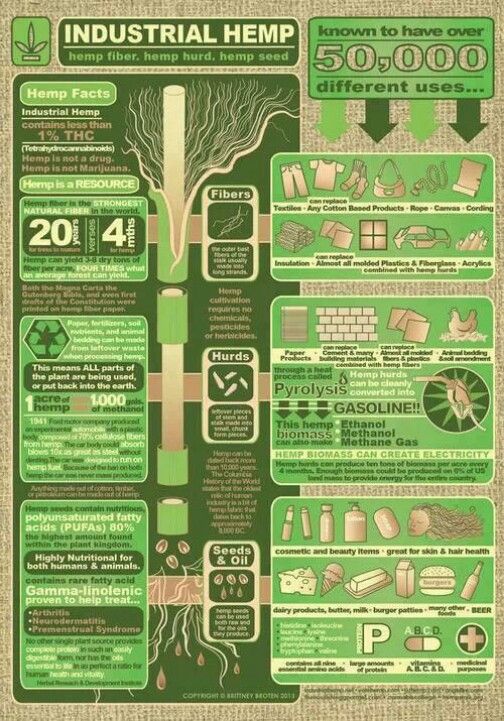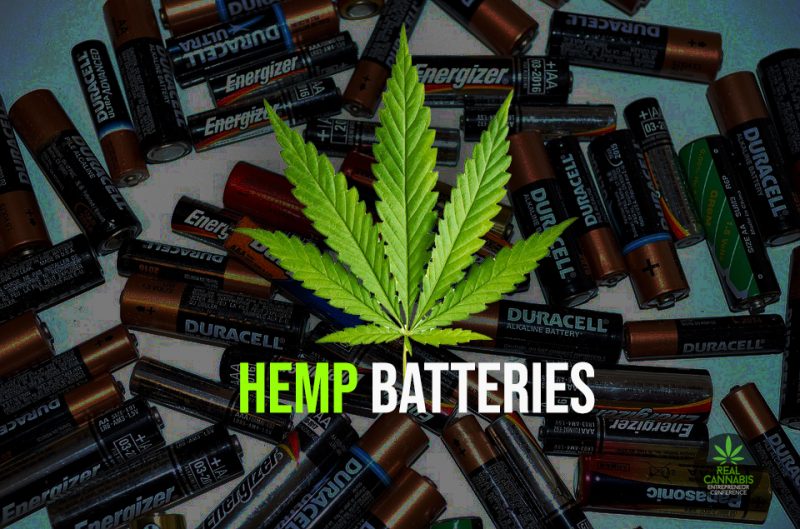

The digital age has ushered in a new era of interconnectedness, where technology is rapidly transforming societies and industries. At the forefront of this technological revolution are hybrid networks, which seamlessly blend the centralized and decentralized models. These networks, characterized by their ability to leverage the strengths of both approaches, are poised to revolutionize various sectors, including the hemp industry.
The Role of Blockchain and DePIN
Blockchain technology, with its decentralized and transparent nature, offers a robust foundation for hybrid networks. It enables secure and verifiable transactions, promoting trust and accountability among participants. Decentralized Physical Infrastructure (DePIN) takes this a step further by integrating physical assets, such as hemp farms and processing facilities, into the digital realm. By leveraging blockchain and DePIN, the Hemp Nation Group can optimize supply chains, track product provenance, and ensure fair compensation for all stakeholders.
The Internet of Things (IoT): A Network of Connected Devices
The Internet of Things (IoT) plays a crucial role in the development of hybrid networks by connecting physical devices to the digital world. In the context of the hemp industry, IoT sensors can monitor environmental conditions, track plant growth, and optimize resource utilization. By integrating IoT with blockchain and DePIN, the Hemp Nation Group can enhance data security, transparency, and traceability throughout the hemp supply chain.

Harmonizing Systems for a Sustainable Future
The Hemp Nation Group is committed to creating a harmonious ecosystem that balances technological innovation with environmental sustainability. By integrating hybrid networks, blockchain, IoT, and grassroots initiatives, the organization aims to achieve the following:
- Empowering Communities: Decentralized governance models empower communities to participate in decision-making and share the benefits of the hemp industry.
- Promoting Sustainability: By leveraging technology to optimize resource use and reduce environmental impact, the Hemp Nation Group contributes to a greener future.
- Driving Innovation: Open-source development and collaboration foster innovation and accelerate the development of new hemp-based products and technologies.
- Ensuring Fair Trade: Blockchain technology enables transparent and fair trade practices, ensuring that all stakeholders are compensated fairly.
The Role of Developers and Ethics
Developers play a pivotal role in shaping the future of hybrid networks. By writing and maintaining the code that powers these networks, they have the potential to create positive social and environmental impact. Ethical considerations are paramount in the development of hybrid networks. Developers must ensure that these systems are designed to promote fairness, transparency, and inclusivity.
Grassroots Organization and Community-Led Innovation
Grassroots organizations, driven by passion and community spirit, are at the heart of many successful decentralized initiatives. The Hemp Nation Group embodies this principle, fostering a collaborative community focused on the sustainable development of the hemp industry. By empowering individuals and communities, grassroots organizations can drive innovation and social change.
Common Sense and Fair Trade
Common sense and fair trade principles are essential for the long-term success of hybrid networks. These networks should be designed to benefit all stakeholders, from individual users to large corporations. Fair trade practices ensure that everyone involved in the network is treated equitably, and that the benefits of innovation are shared widely.
Evolution Towards Stewardship
The evolution of hybrid networks aligns with the broader trend of humanity moving towards a more sustainable and equitable future. By embracing decentralized technologies and cooperative principles, we can create a world where individuals and communities have greater control over their own destiny. The Hemp Nation Group, with its focus on sustainable hemp production and social impact, exemplifies this evolutionary shift.





